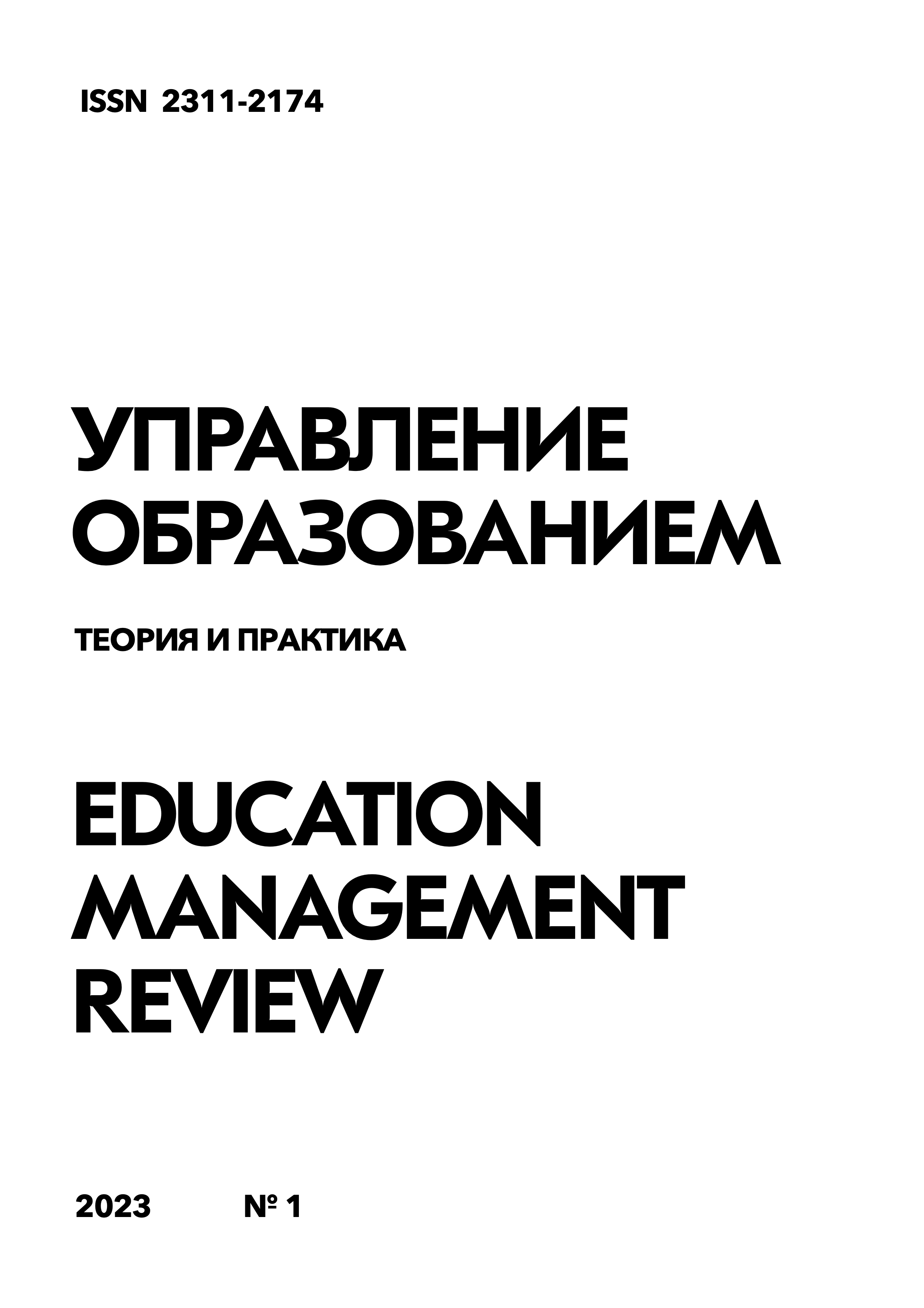Linguistic aspect of the educational and pedagogical discourse of an English teacher in an institution of higher pedagogical education
DOI:
https://doi.org/10.25726/i3204-1563-5072-yKeywords:
linguistic aspect, educational and pedagogical discourse, teaching, englishAbstract
Today, the educational process is undergoing rapid changes, the influence of information flows, the intensification of intercultural relations, as well as the introduction of innovations and new standards. This, in turn, leads to the need to streamline new approaches to learning, as well as the introduction of innovative development of education. Under such conditions, there is a need to standardize the speech behavior of a high school teacher, the allocation of English-language educational and pedagogical discourse as a separate category for further intensification of the educational process in general and the training of future English teachers in particular, improving the effectiveness of teaching and highlighting the main tactics of the formation of the language situation, in particular in English classes. In order for educational and pedagogical discourse to take place effectively in any educational situation, it is necessary to study it in detail and determine its main features that will be necessary for an English teacher. Based on the analysis of scientific literature, we can conclude that the educational and pedagogical discourse includes a linguistic aspect, which means the direct speech of the teacher. In addition, it covers verbal and non-verbal means of conveying the intent of the utterance, its communicative purpose of implementing the learning situation. The professional activity of an English teacher is characterized by increased responsibility for his speech actions. To do this, he must successfully combine traditional and the latest techniques, technologies, achievements of linguodidactics, psychology, pedagogy, linguistics. In addition, the teacher should rely on his own experience and the wealth of colleagues. However, this is not enough, since the speech behavior of the teacher largely depends on the situation during which communication takes place, and the participants of the students' speech interaction.
References
Батина Е.В., Кожухова И.В. Приемы индивидуализации образовательной деятельности обучающихся языковых специальностей // Вестник Южно-Уральского государственного университета. Серия: Образование. Педагогические науки. 2020. Т. 12. № 2. С. 82-91. DOI 10.14529/ped200208.
Белоусова М.М. О некоторых особенностях взаимосвязанного развития речевых навыков на иностранном языке при обучении онлайн // Инженерный вестник Дона. 2020. № 11 (71). С. 355-372.
Быстрай Е.Б. Формирование межкультурной педагогической компетентности будущих учителей: монография. Челябинск: Цицеро, 2017. 123с.
Горлова Н.А. Специфика развития навыков и умений в ходе овладения учащимися речевой деятельностью на иностранном языке // Иностранные языки в школе. 2013. № 3. С. 2-9.
Демидова Т.Е., Тонких А.П. Реализация компетентностного подхода в вузе // Проблемы подготовки учителя для современной российской школы : сборник материалов: Тезисы докладов Всероссийской научно-практической конференции преподавателей педагогических учебных заведений: программы учебных дисциплин, специальных курсов и семинаров для студентов педагогических вузов и колледжей, обеспечивающие подготовку к работе по Образовательной системе "Школа 2100", Москва, 02–03 февраля 2007 года. Москва: ООО "Баласс"; Издательский Дом РАО, 2007. С. 36-39.
Казакова О.П. Языки для специальных целей в парадигме методики обучения иностранным языкам в педагогическом вузе // Педагогическое образование в России. 2015. № 2. С. 79-82.
Кожухова И.В., Редькина О.Ю. Проблема формирования прагматической компетенции на уроках родного языка // Художественное произведение в современной культуре: творчество - исполнительство - гуманитарное знание: сб. ст. и материалов. Челябинск, 2019. С. 189-192.
Мясникова О.В., Пержан Н.Н. Развитие речевых навыков с помощью онлайн элементов (на примере работы на платформе Moodle) // Современные исследования в области преподавания иностранных языков в неязыковом вузе. 2020. № 9. C. 122-129.
Серафимович И.В., Беляева О.А. К вопросу о преемственности ценностей участников образовательных отношений в современных социокультурных условиях // Хуманитарни Балкански изследвания. 2018. № 1. С. 24-29.
Сметанина М.Н. Концептуальные основы составления учебника по иностранному языку на базовом и предпороговом уровне // General and Professional Education. 2012. № 1. С. 45-52.
Соловова Е.Н. Перспективные направления вузовской методики преподавания иностранных языков // Вестник МГИМО. 2013. № 6(33). С. 67-70.
Шестакова Е.С., Черезова М.В. Принцип минимизации языка в обучении иностранному языку для специальных целей в неязыковом вузе // Актуальные проблемы филологии и педагогической лингвистики. 2020. № 1. С. 212-224.
Bagheri M., Mohamadi Zenouzagh Z. Comparative study of the effect of face-to-face and computer mediated conversation modalities on student engagement: Speaking skill in focus // Asian-Pacific Journal of Second and Foreign Language Education. - 2021. - 6(1). DOI: 10.1186/s40862-020-00103-0.
Banegas D. CLIL teacher development: Challenges and expectations // Latin American Journal of Content and language Integrated Learning. - 2012. - Vol. 5. No. 1. - P. 33-45.
Bonnet A. Towards an evidence base for CLIL: How to integrate qualitative and quantitative as well as process, product and participant perspectives in CLIL research // International CLIL Research Journal. - 2012. - Vol. 1. No. 4. - P. 65-78.




